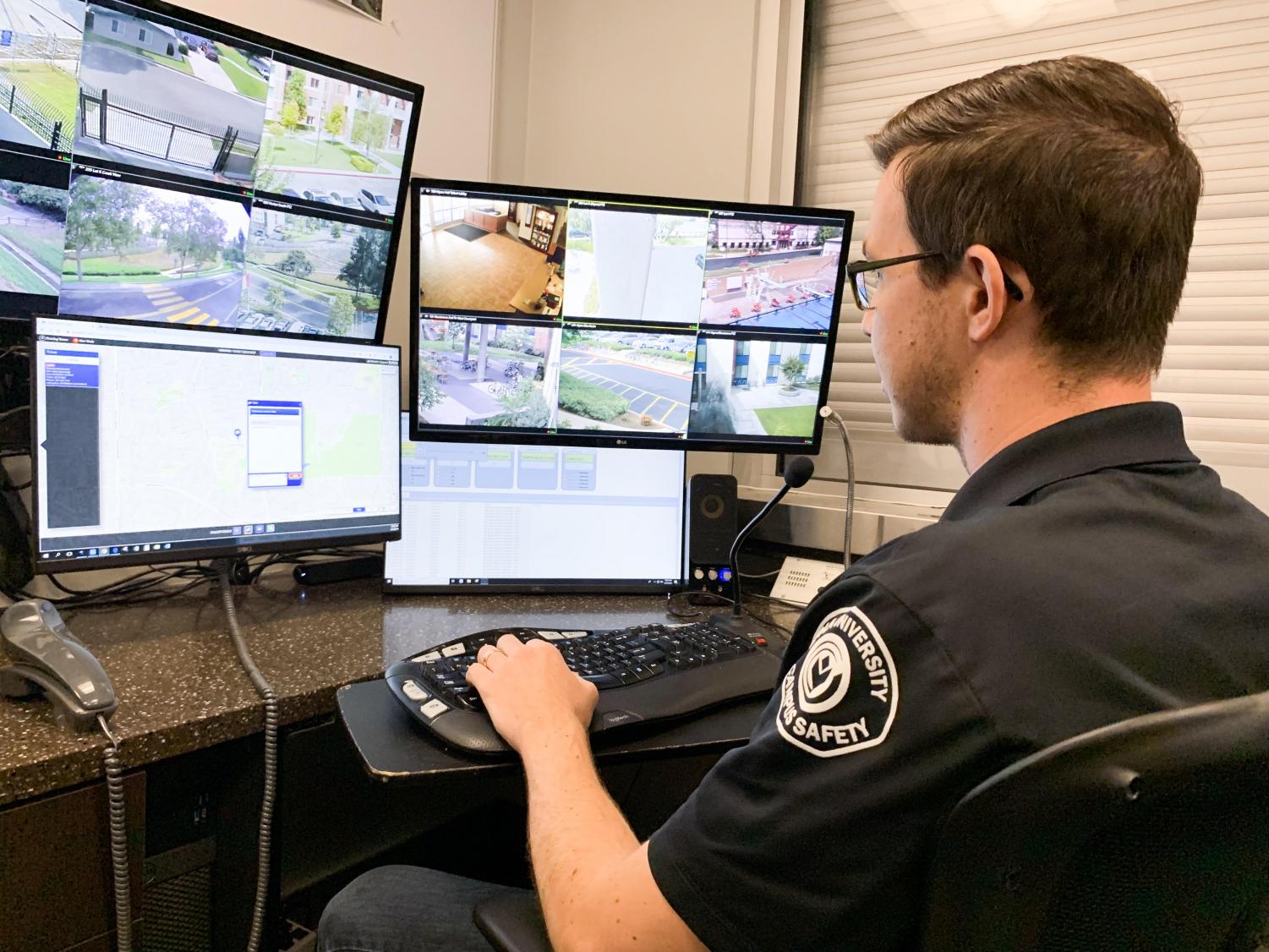Since 2018, Biola has had 92 cases of theft, equating to 95% of property crime committed on campus in the same time period. Those numbers aren’t unusually high says Chief of Campus Safety John Ojeisekhoba—they’re actually fairly low. But they may be preventable.
As Campus Safety works to reduce campus crime even more, Ojeisekhoba has identified homeless criminal transients as partially to blame for the amount of theft at Biola.
“These are not [typical] homeless people we are talking about here. We are talking about criminal transients,” he explained. “For us, we take it personal when a student’s laptop is stolen… Even as what may sound as simple as stealing a students bicycle, to us it’s a big deal, because any time someone steals something from you, you feel violated.”
CRIMINAL TRANSIENTS
Homelessness in the cities surrounding La Mirada impacts Biola’s crime rates, Ojeisekhoba explained.
On Jan. 27, the Whittier City Council closed down Parnell Park for four days after finding a 22-year-old homeless woman dead inside her tent. The park reopened today, but the City Council voted to make a curfew that prevents people from entering the park after dark. This new curfew will permanently remove the homeless encampment. Ojeisekhoba explained that the City Council’s decision will affect the crime rate at Biola because homeless would-be criminals will no longer have a “base camp” to work out of.
“What it does is it stops these folks from having a staging area,” he said. “At 2 o’clock in the morning, they wake up out of their tent, go and commit crimes, and boom, they [have a place to come] back with your property.”
Part of the issue surrounding theft and drug are the non-violent criminals released under Proposition 47. To prevent prisons from overcrowding, this proposition gives a lighter sentence to those arrested or serving time for non-violent crimes. Many criminals who would have served jail time now pay fines instead. According to Ojeseikhoba, these criminals were living in encampments near Rosecrans Avenue and Marquardt Street in La Mirada, as well as Parnell Park in Whittier.
“[If I were a criminal, I would] know that if I commit those crimes, I’ll get out in a few hours, [so] I’ll keep doing it. It’s an unintended consequence of Prop 47,” Ojeisekhoba said. “I believe firmly in second chances, but it’s creating a lot of problems for many cities, and whatever is happening in the cities finds its way [onto] the college campus.”
ACTIONS TO PREVENT CRIME
Ojeseikhoba said the Campus Safety department foresaw criminal transients becoming an issue, so the department acted early years to prevent high crime rates from occurring.
One way they did this was through Campus Safety personnel being assigned different locations where they park and watch for criminal activity from 3 a.m. to 7 a.m, seven days a week. These officers, according to Ojeisekhoba, have already worked a full work week and this is overtime for them.
“Before [winter] break, our hours were from 3 a.m. to 6 a.m., but we had a few occurrences where [at] 6:30 am, 6:15 am we had one individual come and burglarize a student’s vehicle [so we said], ‘OK, we need to extend the time,” Ojeisekhoba explained.
There are also dispatch officers watching live surveillance footage from 250 cameras around campus.
MAKING LOW CRIME RATES LOWER
Ojeisekhoba, who has experience as a consultant evaluating the safety of similar Christian universities, said Biola’s crime rate is low.
“Campus crimes are low, we just have a drive to continue to get it lower.” he said.
Ojeisekhoba assured that the entire Campus Safety department is working as hard as possible to lower Biola’s crime rate even more. The department has also made five arrests since October.
“Students are here to get an education, and while students are getting an education, we want them to be safe and we want them to feel safe,” Ojeisekhoba said.
Editor’s note: This story was edited on Jan. 31 at 11:17 p.m. to include contextual information regarding Biola’s overall crime rate.








